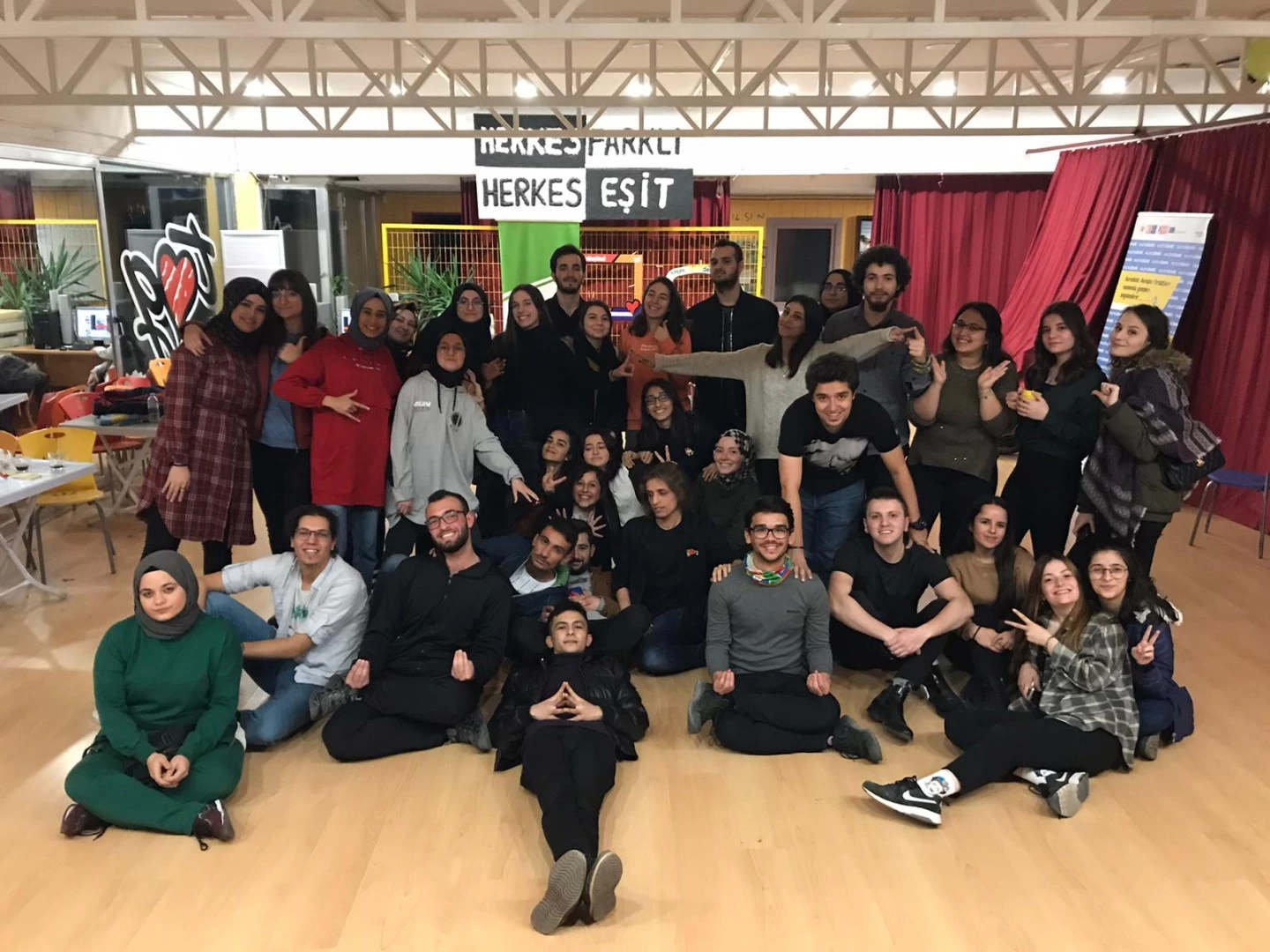
Under the umbrella of Human Rights Trainings, efforts have been made to increase the awareness of Community Volunteer youth about crucial issues such as democracy, human rights, gender equality, respect for cultural differences, and social justice. The goal is to nurture an active individual approach in questioning and defending rights.
In 2015, within this framework, "Local Human Rights Trainings," "Human Rights Trainer Training," and "Human Rights Trainers' Refresher Meeting" were conducted. These initiatives led to the organization of a total of 27 local human rights trainings in 13 different provinces, focusing on human rights, discrimination, gender equality, and peace education, ultimately reaching 493 youths.
Several trainings under the Human Rights Trainings include:
Democracy and Our Rights Project - Human Rights Trainings:
The Democracy and Our Rights Project is designed to enhance the understanding of Community Volunteer youth in democracy, human rights, gender equality, cultural diversity, and social justice. The project aimed to develop an active approach in youth for questioning and protecting their rights. Throughout 2015, Human Rights Trainings were carried out under this project, supported by the Swedish Consulate General and the Open Society Foundation.
Youth and Social Rights Project - Social Rights Trainings:
Focusing on the state-citizen relationship from a youth perspective, the Youth and Social Rights Project centered its discussions on young people's social rights. Topics such as citizenship-human rights relationship, rights violations and advocacy, education rights, housing rights, and social security were covered under fundamental human rights.
Living Library Capacity Building Program:
In the Living Library, the 'books' are typically individuals facing prejudice and systematic discrimination. The 'readers' are those interested in discussing their preconceptions and unknowns. This interactive format enables not just conversation but also mutual learning and insight development.
Reproductive Health Peer Education Project (ÜSAEP):
Conducted in collaboration with the United Nations Population Fund (UNFPA) Turkey Office, the Reproductive Health Peer Education Project (ÜSAEP) focuses on increasing the sexual and reproductive health awareness and knowledge of young people aged 18-25. The project encourages the use of youth-friendly health services and aims to foster safe and informed behavioral attitudes among youth.
